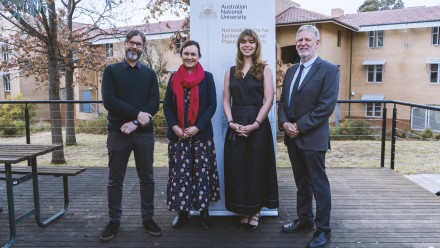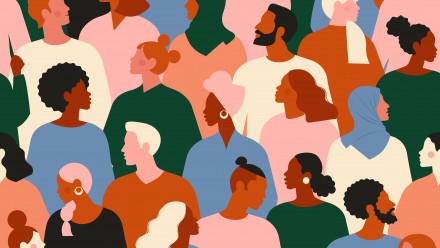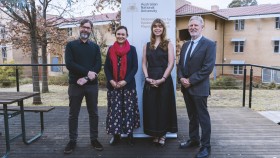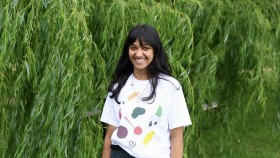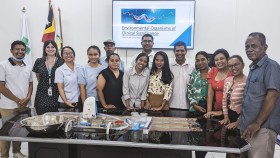Health messaging and migrant Australians: barriers and opportunities during COVID-19 and beyond
Share
As the pandemic unfolded, health messaging became a hugely important aspect of the Australian response to COVID-19. In a rush to produce reliable information about the virus and vaccines, the authorities initially overlooked some underserved groups causing unnecessary confusion and frustration for many.
Iranian-born epidemiologist Dr Davoud Pourmarzi experienced this communication problem first-hand. He was increasingly being asked questions about COVID-19 by other Iranian migrants now living in Australia.
“I’m an epidemiologist, but sometimes even I couldn't find the information they were after,” says Pourmarzi.
“They were asking me where to get the vaccine or get tested. Do they need to vaccinate their kids? And where can they find this information in their languages?”
This personal experience motivated Pourmarzi to investigate the barriers different communities face when accessing health information. To this end, Pourmarzi and colleagues interviewed 17 and surveyed over 300 adult migrants from the Eastern Mediterranean region on how they accessed information on COVID-19 and what they want to know about COVID-19 vaccination.
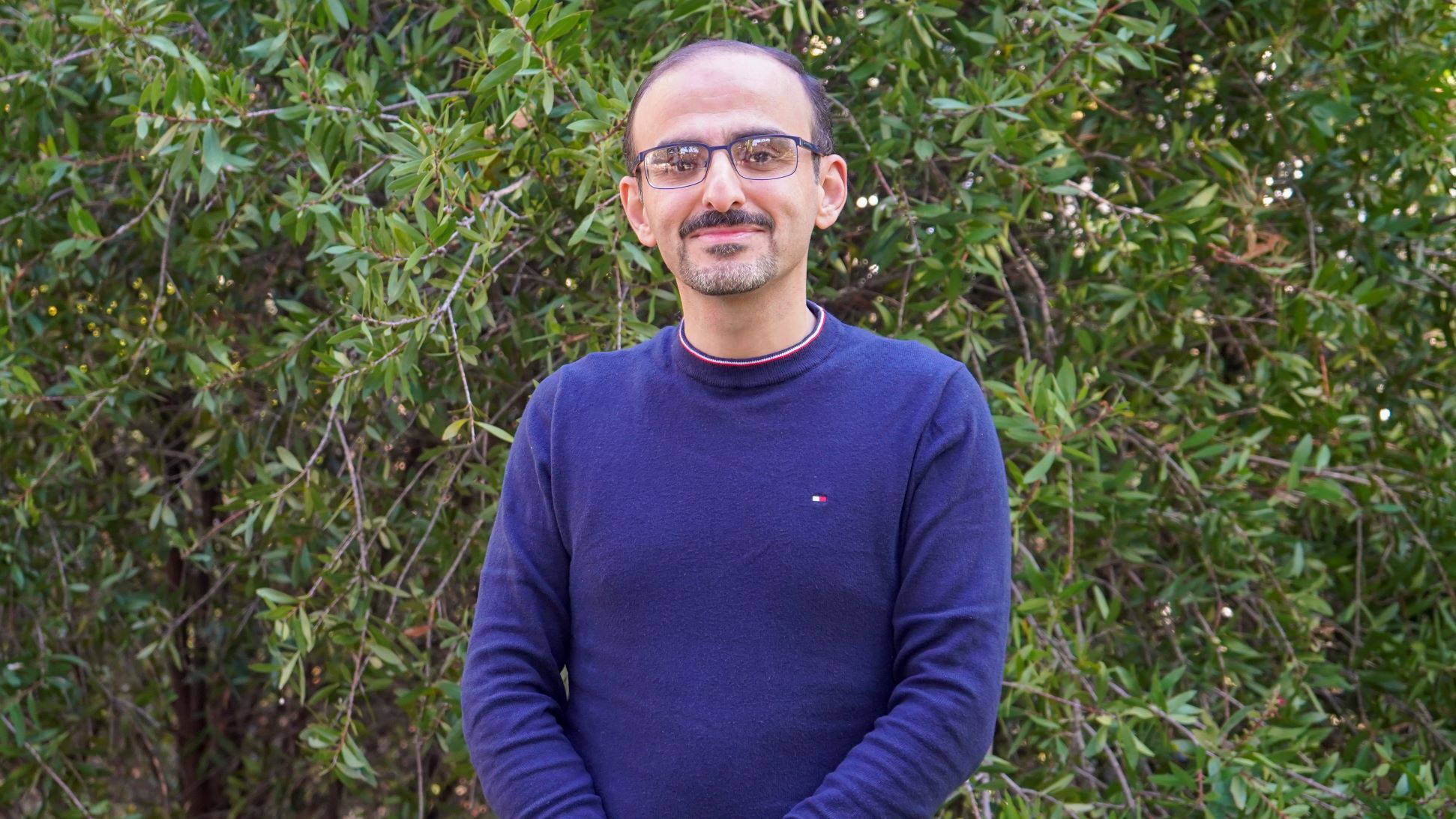 Iranian born epidemiologist Dr Davoud Pourmarzi investigated barriers faced by migrants when accessing information about COVID-19 vaccination.
Iranian born epidemiologist Dr Davoud Pourmarzi investigated barriers faced by migrants when accessing information about COVID-19 vaccination.
“What we noticed throughout the pandemic was the lack of official information for all members of society in Australia. Authorities assumed that people should be able to formulate their questions, go online and find the information they need, then read, interpret, and make decisions based on the information provided,” says Pourmarzi.
Researchers found that migrant communities used a variety of information sources, including social media, their own experiences, and personal and community networks. They also accessed information from official organisations and health professionals; however, these sources assumed a high level of digital and English language literacy. Indeed, one interviewee said:
“If English [is] your second language … it's hard for you to get right information on right time, … So language barrier is a big thing …, especially our community, … And not many of us speak English.”
Another pointed out that even when messaging was translated, it wasn’t done properly and thus lacked credibility:
“I noticed that sometimes when the federal government puts out information in Arabic, … it sounds like gibberish. It doesn't make sense. … that's really detrimental. Because then that information … loses all credibility.”
Over time, information was translated accurately into other minority languages, and health officials engaged successfully with community groups to aid in COVID-19 and vaccine messaging to migrant populations. However, the pandemic highlighted the need for these strategies to be in place from the start and for all public health initiatives, not just acute health emergencies.
“Authorities have realised they need to work with communities to make connections, not only for their COVID vaccine information but anything related to health. For example, when we are talking about Mpox, do we communicate with a specific group of people who may not go to find information online? As well as other ongoing health issues such as cancer, heart disease, or smoking,” says Pourmarzi.
“In any public health crisis or situation we should be prepared for these sorts of resources be available to us to make sure that all members of the community are safe and able to protect their health.”
Pourmarzi stresses that transparent all-encompassing health messaging is not just needed for migrant communities, but all Australians need readily accessible health information.
“We need to make health information accessible to all members of society, not only migrants and refugees. There are many other people living in rural areas that may not have easy access to the internet, for example, or people may not be digitally literate.”
**You can read more about this research in following articles:
Factors associated with COVID‑19 booster vaccine willingness among migrants from the Eastern Mediterranean living in Australia: a cross‑sectional study, BMC Public Health (2022) https://doi.org/10.1186/s12889-022-14608-5.
“They said we're all in it together, but we were kind of separated”: Barriers to access, and suggestions for improving access to official information about COVID-19 vaccines for migrants in Australia, Research Square (2022) https://doi.org/10.21203/rs.3.rs-1960568/v1
“And a huge factor is …, the people around them”: Sources of information about COVID-19 vaccines among migrants in Australia, Research Square (2022) https://doi.org/10.21203/rs.3.rs-2294686/v1
By Liz Drummond.







